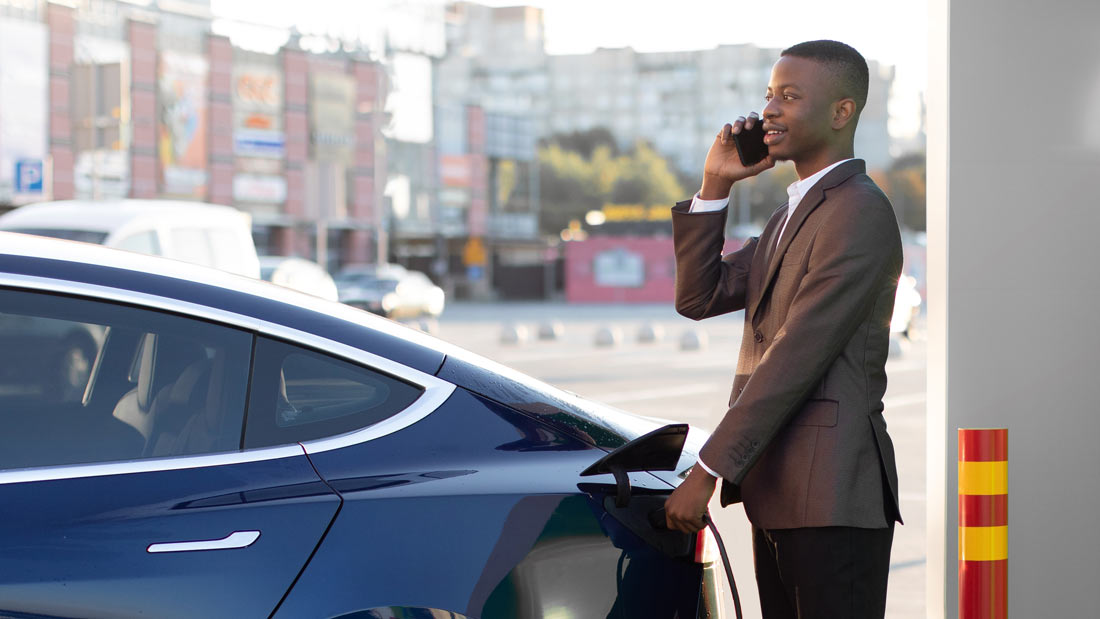
The global shift toward sustainable practices has accelerated the adoption of electric vehicles (EVs). Across the nation, EVs have become a key part of environmentally conscious transportation.
An Executive Order mandates that federal vehicle acquisitions must be zero emission by 2035, with light-duty acquisitions transitioned to zero emission by 2027. This mandate combined with the increase in the adoption of EVs as personal vehicles means getting EV charging stations installed on government properties is imperative. Below, find a few reasons government workplaces should consider deploying electric vehicle infrastructure.
Environmental Responsibility
At the forefront of reasons for government workplaces to install EV chargers is the commitment to environmental stewardship. Governments, as regulatory and policy-setting bodies, are uniquely positioned to lead by example in the pursuit of a low-carbon future. The transportation sector is a major contributor to greenhouse gas emissions, and by installing EV chargers, government workplaces actively participate in reducing carbon footprints.
By promoting the use of electric vehicles among employees, governments contribute to cleaner air quality and mitigate the adverse effects of climate change. This proactive stance not only aligns with global environmental goals but also positions government workplaces as pioneers in sustainable practices, inspiring other sectors to follow suit.
Employee Incentives
Installing EV chargers at government workplaces serves as a powerful incentive for employees to embrace electric vehicles. The availability of convenient charging infrastructure addresses a key concern for potential EV adopters—range anxiety. With workplace charging options, employees can charge their vehicles while at work, eliminating concerns about finding public charging stations during their daily commutes.
Moreover, offering workplace EV charging facilities enhances employee well-being by reducing the financial burden associated with commuting. The cost savings from transitioning to electric vehicles, coupled with the convenience of charging at the workplace, contribute to a positive work environment and boost overall job satisfaction.
Socio-Economic Impact
The installation of EV chargers at government workplaces has far-reaching socio-economic benefits. It fosters the growth of the electric vehicle industry, stimulating job creation and economic development. By supporting the transition to clean energy, governments contribute to the growth of a burgeoning sector that holds immense potential for innovation and technological advancement.
The installation of EV chargers at government workplaces is a strategic imperative driven by environmental responsibility, employee incentives, and socio-economic impact. Governments, as influential entities, have a unique opportunity to enact major change by embracing clean transportation solutions. By leading the way in EV adoption and infrastructure development, government workplaces pave the path for a sustainable future.
Chargie EV Charging Stations for Government Workplaces
Chargie is building the most reliable, consistent EV charging network by a mile. The places you park most of the time become places you can charge any time. Our 98%+ network availability means you’ll return to a fully charged car and our 24/7/365 customer care gets you the support you need at every turn.























